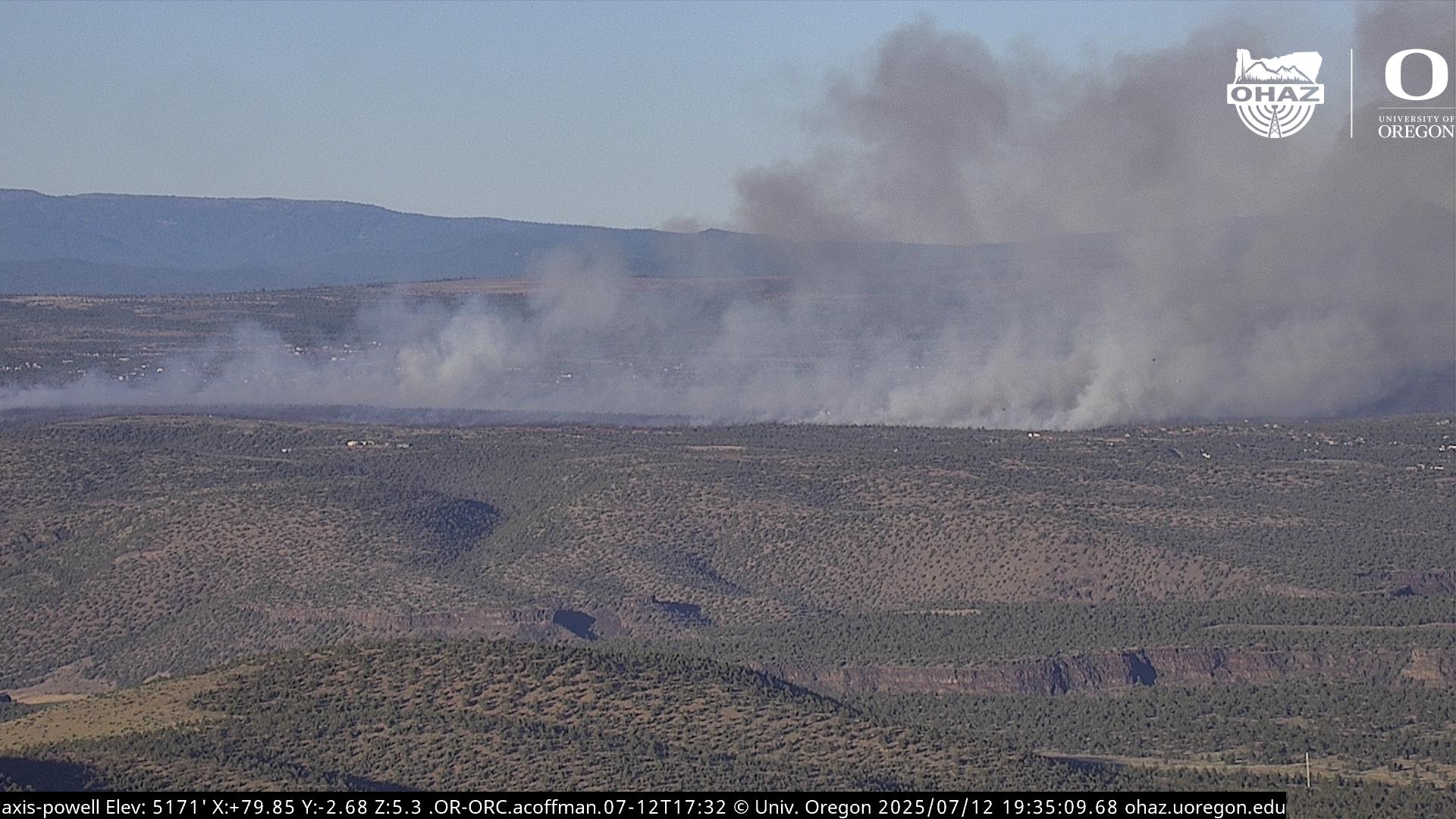Guest column: Don’t trust the climate deniers
Published 12:00 am Sunday, March 25, 2018

- Guest Column
Opinion columns focused on climate change published in The Bulletin have generally consisted of: 1) arguments promoted by deniers of global warming or 2) explanations of why the misinformation served up by warming deniers is wrong.
The March 19 columns on what Einstein, who died before there was little information on the topic, would have thought about global warming are a case in point. One of these columns expressed skepticism about ongoing climate change, using common denier themes, the other suggested it was a nonissue.
Trending
More to the point is how the late renowned physicist Stephen Hawking viewed climate change: He was terrified that global warming would destroy civilization. Publishing falsehoods about climate change hyped by deniers furthers their goal of creating doubt about scientific data. Point-by-point rebuttals of denier claims rely on technical details that can be hard to follow. However, clearly stated refutations of common denier arguments are available on the website Skeptical Science.
One denier argument is the claim that there has been no, or only modest, warming as the concentration of atmospheric carbon dioxide continues to rise. Actually, recent decades have shown a quantifiable, and indeed alarming, increase in global temperature, not only in the atmosphere. Oceanographers have amassed data from the global ARGO array, 3,800 free-drifting profiling floats that measure temperature in the upper 2,000 meters (1.2-mile depth) of the ocean. The ARGO data have unequivocally demonstrated that 90 percent of the excess heating due to accumulation of greenhouse gases in the atmosphere has gone into warming the ocean, a fact that deniers conveniently overlook.
Deniers, and fence-sitting politicians, state that “the climate is always changing.” What is concerning is the rate of increase in global temperature, a speed of warming that is 10 times faster than any rise in temperature at the end of past ice ages.
The science is indeed settled; current human-caused warming is truly unprecedented. The rapid increase in global temperature is caused by buildup of carbon dioxide in the atmosphere due to burning of fossil fuels. Global warming is already having damaging effects: rising sea levels, more intense storms, floods droughts, crop failures and spread of disease. In 2017 and the early months of 2018, the Arctic, and indeed the rest of the planet, has been abnormally warm.
Australia experienced a super heat wave that melted paved roads and caused flying fox bats to drop dead from their tree roosts due to heat stroke. Climate change deniers will lose the argument, but perhaps, unfortunately, not before they have delayed mitigating actions until we can’t avoid the most severe consequences of human-caused warming.
For most of us, the deeply consequential issue of climate change boils down to: “Who do we trust?” Do we trust people and groups who are convinced that global warming is occurring and that the impacts will become increasingly serious in the coming decades? These acceptors of real climate science include virtually all environmental researchers, a bipartisan group of U.S. Representatives in the House Climate Caucus, the U.S. military, the “climate mayors” of American cities, the Pope, the ecumenical organization Interfaith Power and Light and property insurance companies, plus more than 1,200 corporations such as General Motors, Disney, Microsoft, Walmart and General Mills.
Trending
Central Oregon will benefit economically from an embrace of sustainable energy and measures to slow the pace of global warming. Tourism and agriculture in Central Oregon depend on a healthy snow pack in the Cascades, which is threatened by warmer winters. The good-paying jobs in solar, wind and geothermal energy which our region is primed to gain should be encouraged by government policies and newspapers, not held back by fostering doubt in voters’ minds about climate change.
It makes good sense to distrust climate deniers, and to act on the conclusions of climate scientists.
— Evelyn and Barry Sherr live in Bend.








